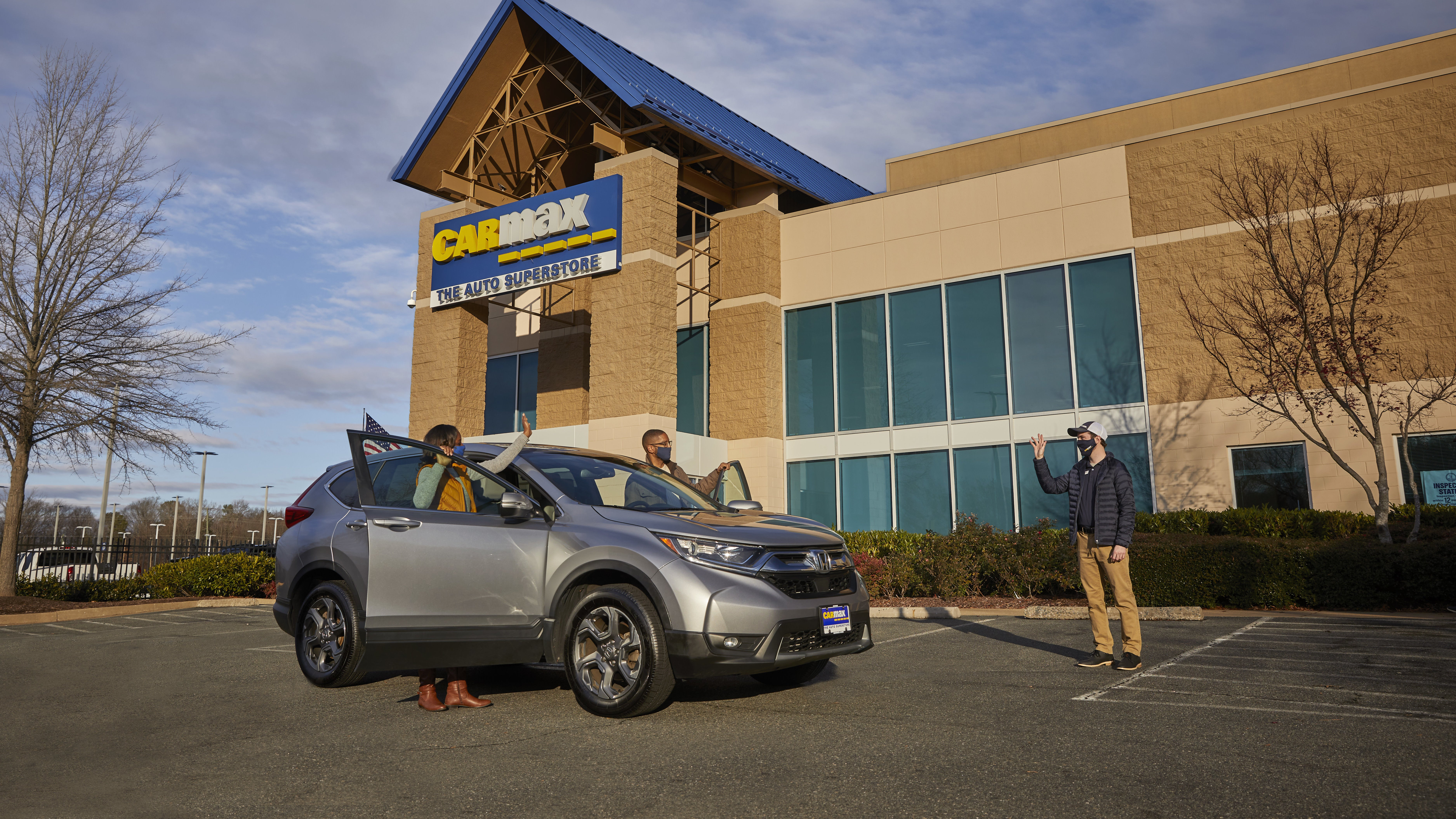How Do I Get A Used Car Inspected When They Sell So Fast?
As Jalopnik's resident car-buying expert and a professional car shopper, I get emails. Lots of emails. I've picked a few of your questions and will try to help out. This week I am discussing the challenges of a pre-purchase inspection in this bonkers used car market, and whether or not a purchase order is a "contract."
First up, how can you be sure a used car is in good shape when they sell before an inspection can be performed?
"I am shopping for a used crossover, something like a RAV4 or CRV but I am looking at things under $20,000. This means that almost everything is out of warranty and while I know those cars are reliable I don't want to buy something junky that is going to have problems. I've read that it's important to get a pre-purchase inspection, but either the dealers don't want to cooperate or the car sells before I can even set it up. What should I do?"
One of the more frustrating aspects of this current market is how fast inventory is selling. While I almost always recommend a pre-purchase inspection for a used car, that advice isn't helpful if you can execute the inspection. Dealers know how quickly inventory turns over, so they aren't likely to be cooperative in taking their car to a local shop for you or even holding it with a deposit. You can use a remote service like Lemon Squad or YourMechanic.com to send someone to the dealership, but that will often take a few days and the car could be gone before the inspector gets there.
You have a few choices: You can keep plugging away and just hope that a unit doesn't get snatched up before you get a chance to inspect it. You can try to buy something local with a good history and some warranty balance, and hope for the best. Or you can purchase from outfits like Carvana, Vroom, and Carmax since they do have a return policy if you find out that the condition of the car isn't up to your standard post-purchase. Carmax recently offered 24-hour test drives and extended their return policy to 30-days. If you go with the last choice those cars are likely to cost a premium, but that could be worth it since they are reducing your risk.
Next, is a purchase order a binding contract?
"I'm in the market for a 2018 BMW 3-Series wagon to replace my '06 version of the same car. There's a lot of them coming off lease, and as BMW has discontinued importing this model, it's a volatile market. I've been watching online for suitable cars since late last year, had a few misfires for various reasons. Found a suitable vehicle in Brooklyn NY this week, put a $500 deposit on it to hold the car. The dealer has emailed me a Purchase Order to sign, but has been dragging their feet with a finance offer. Purchase price is about $39K with taxes and fees, they don't want to talk trade-in. I can put as much as $15 to $20 down.
Anyway, I don't want to sign anything without a finance quote. BMW USA is currently advertising 1.9% on CPO cars, the dealer's website is offering 4.9%. Hence my caution.
It's a nicely optioned example, but I've seen other low mileage examples in the same color combination, so I can walk.
I'm in Maine, so, I don't want to get down to the city and find myself backed into a corner. Does a purchase order carry the same obligation as a sales contract?"
A purchase order is quite the same as a binding document like a contract. If a dealer is providing a detailed and itemized purchase order it is very likely your sales contract will replicate these numbers. However, it seems that your concern is less with the total price of the car and more with the interest rate that you will get. Here is what you do: submit a credit application through the dealership. Have them inform you what you have been approved for before you drive all the way to the dealership. I would also recommend shopping some rates elsewhere so that you have a backup plan for your loan in case the dealer doesn't come through with a good APR.
Got a car buying conundrum that you need some assistance with? Email me at tom.mcparland@jalopnik.com!
